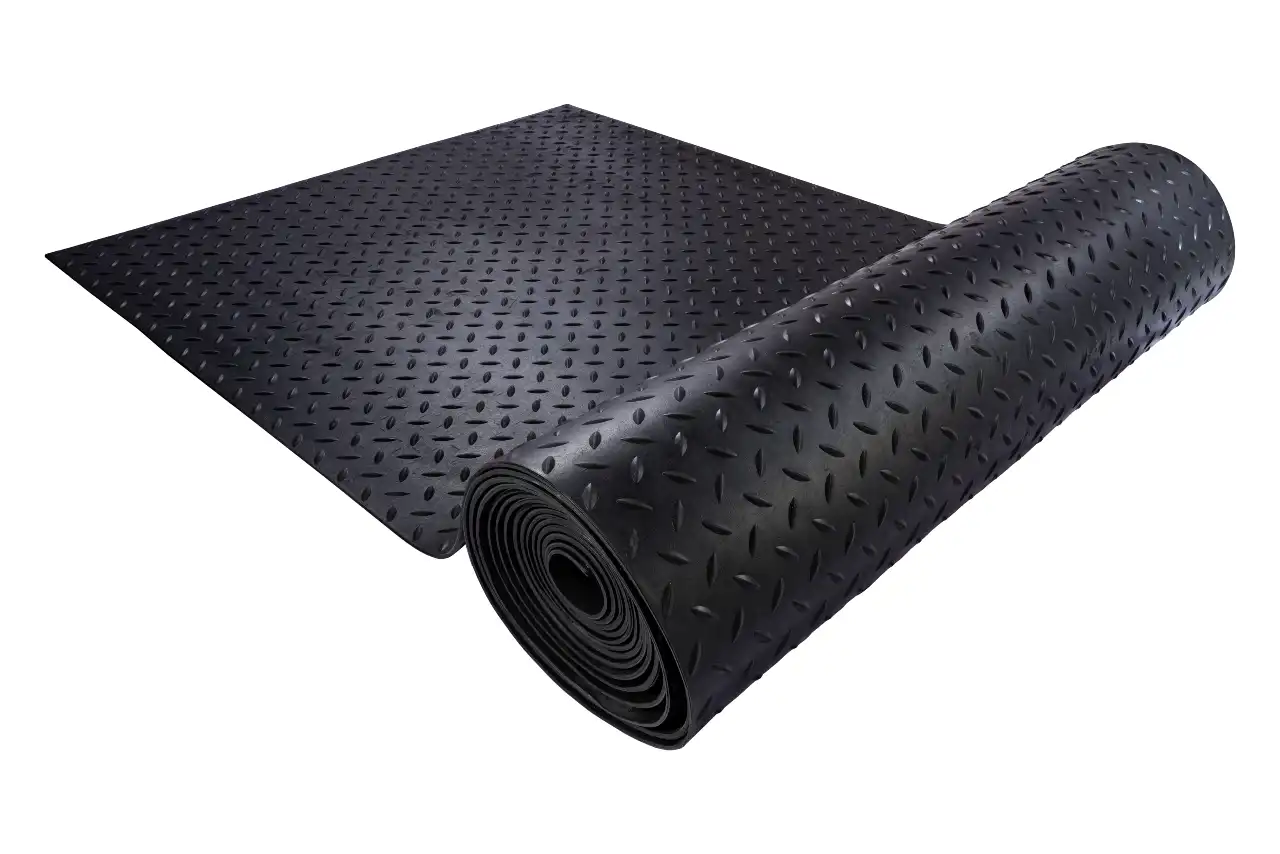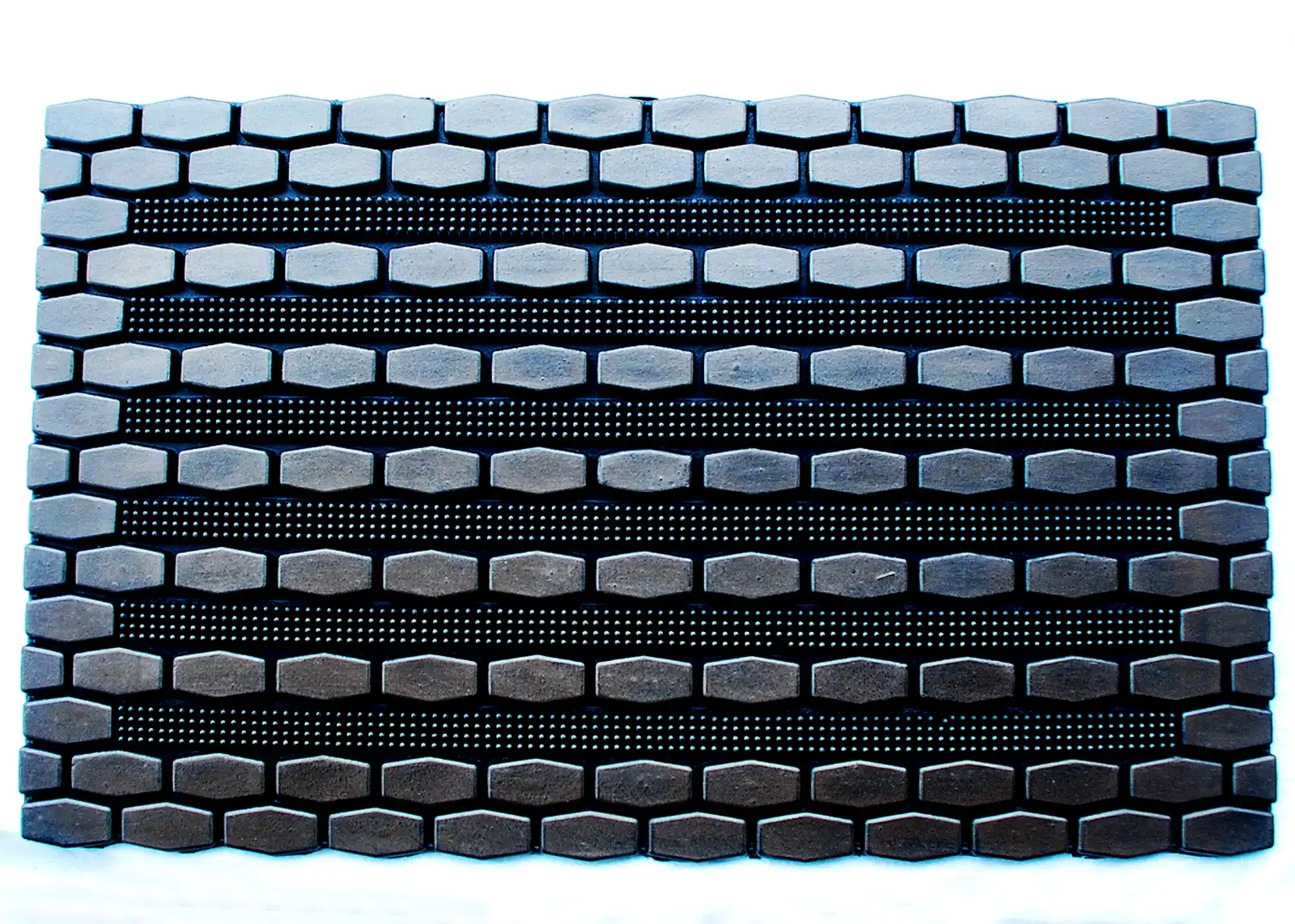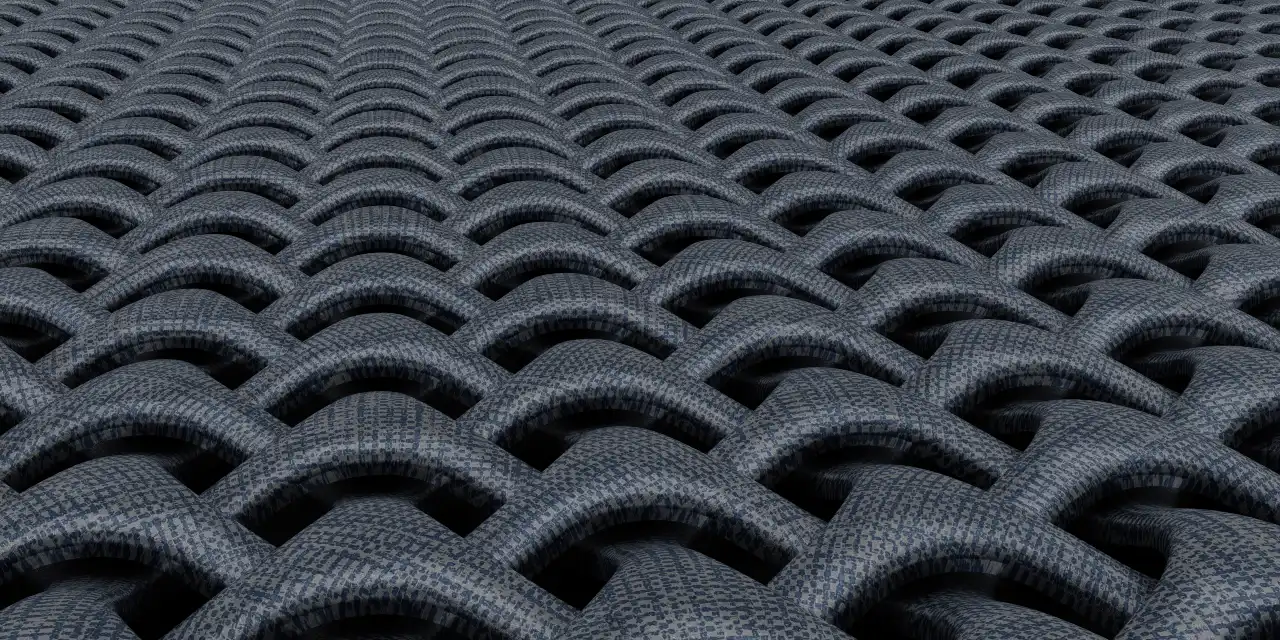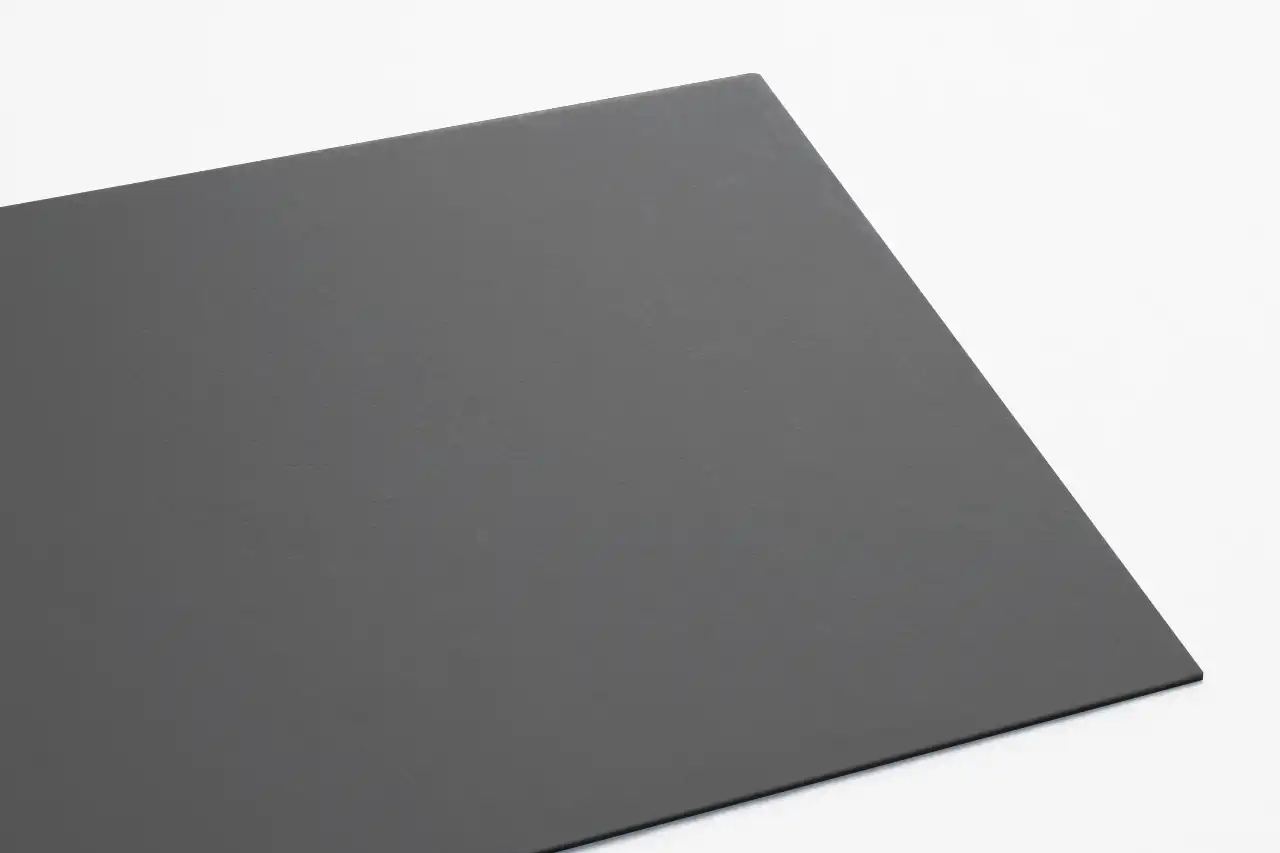Rubber mats play a crucial role in maintaining safety, productivity, and efficiency in various industrial settings. These durable and resilient mats offer numerous benefits that make them indispensable in environments where heavy machinery, high foot traffic, and potentially hazardous conditions are common. Here are some of the key uses of rubber mats in industrial settings:
1. Slip Resistance: In industrial environments where spills, oils, and other liquids are prevalent, slip and fall accidents can pose a significant risk to workers. Rubber mats with textured surfaces provide excellent traction underfoot, reducing the likelihood of slips and falls. Placing rubber mats in areas prone to spills, such as entrances, walkways, and workstations, helps create a safer work environment for employees.
2. Anti-Fatigue Properties: Jobs that require prolonged standing or walking on hard concrete floors can lead to fatigue, discomfort, and musculoskeletal issues for workers. Rubber mats with cushioned, anti-fatigue properties help alleviate the strain on joints and muscles by providing a supportive surface to stand on. These mats are commonly used in assembly lines, packaging areas, and workstations to enhance worker comfort and productivity.
3. Impact Absorption: Industrial environments often involve the use of heavy machinery and equipment that can create vibrations and impact forces on the floor. Rubber mats act as a buffer, absorbing shock and reducing noise levels generated by machinery. By minimizing the transmission of vibrations through the floor, rubber mats help protect both equipment and the structural integrity of the building.
4. Electrical Insulation: In areas where electrical equipment is present, such as control rooms, electrical substations, and manufacturing facilities, rubber mats serve as a critical safety measure. Electrical insulating rubber mats provide a protective barrier between workers and the ground, reducing the risk of electric shock and injury in the event of a fault or electrical discharge.
5. Protection of Floors: Industrial floors are subjected to heavy wear and tear from equipment, vehicles, and heavy loads, leading to damage and deterioration over time. Rubber mats act as a protective layer, safeguarding floors from scratches, impact damage, and chemical spills. Additionally, rubber mats can help prevent concrete floors from cracking and crumbling due to repeated stress and pressure.
6. Ergonomic Workstations: Rubber mats can be customized to fit specific workstations and machinery layouts, creating ergonomic environments that promote worker comfort and efficiency. By providing a stable and supportive surface to stand on, rubber mats help reduce strain on the back, legs, and feet, enabling workers to focus on their tasks without discomfort or fatigue.
In conclusion, rubber mats are invaluable assets in industrial settings, offering a wide range of benefits that contribute to safety, productivity, and efficiency. From slip resistance and anti-fatigue properties to impact absorption and electrical insulation, rubber mats play a vital role in creating a safe, comfortable, and productive work environment for employees.





